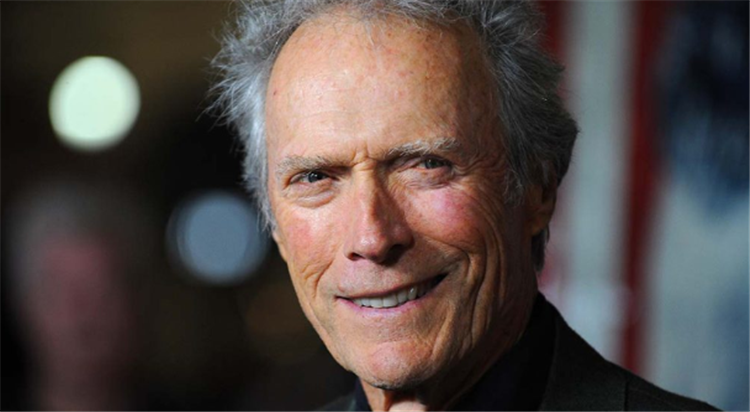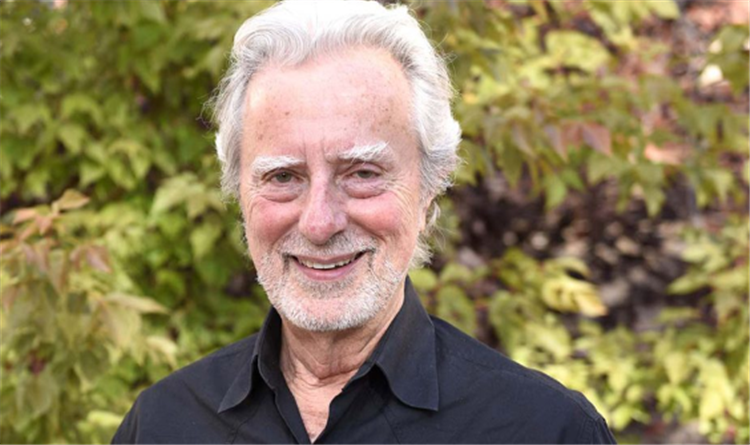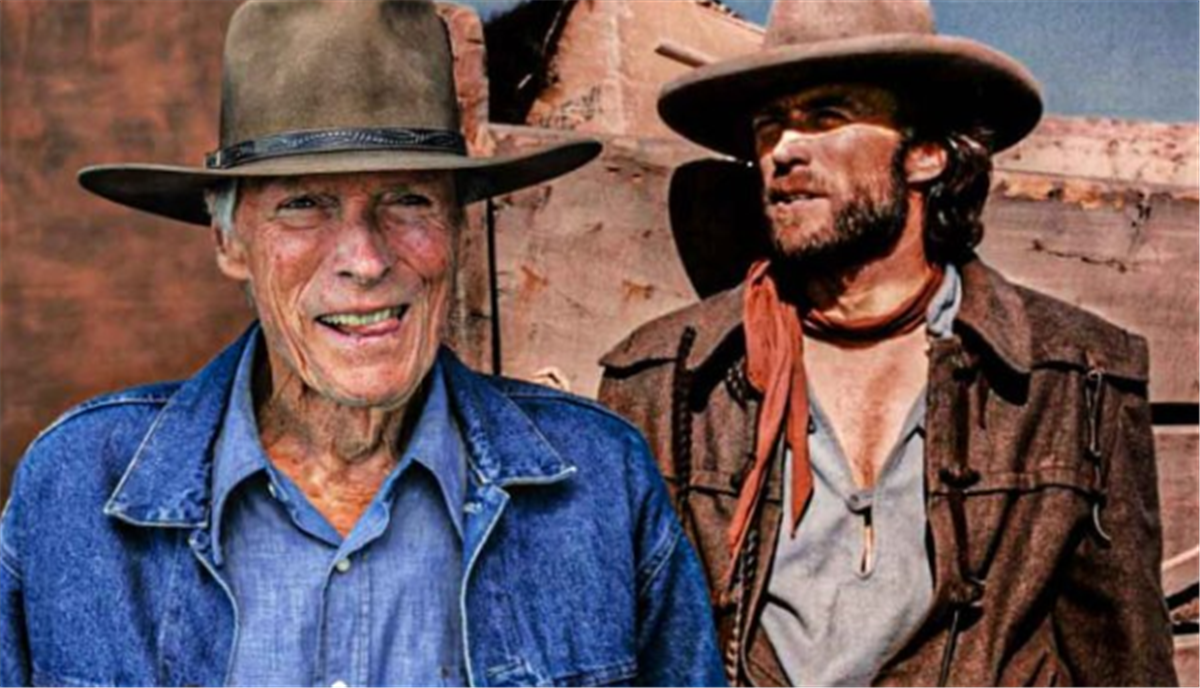Clint Eastwood has an illustrious career in Hollywood as an actor and director, and with several projects and accolades under his belt, fans cannot deny that he is a major powerhouse in the creative industry. The veteran director made a name for himself with his unique filmmaking style that even landed him two Academy Awards.
Beyond Eastwood’s stellar career as a moviemaker, he is known for being strict and firm with his creative decisions. Even actors like Tom Hanks have striking comments about the way he treats people on set.
Clint Eastwood Got Philip Kaufman Fired And Took Over His Job

Clint Eastwood contributed a lot to the movie industry, but he also became the reason for a reformation that forever transformed Hollywood. In his interview on The Graham Norton Show, Forrest Gump star Tom Hanks revealed how the director handles his actors (via The Guardian):
“You certainly don’t want one of those Eastwood looks. He treats his actors like horses because when he did the 60s series Rawhide, the director would shout ‘Action!’ and all the horses bolted.”
While this serves as a testament to Eastwood’s attitude on movie sets, he has also previously displayed a certain dominance after getting his director fired from a project. According to Patrick McGilligan’s Clint: The Life and Legend of Clint Eastwood, he acquired the rights to a novel entitled The Rebel Outlaw: Josey Wales, which he turned into a movie adaptation, The Outlaw Josey Wales. Philip Kaufman was tapped to helm the film and he wanted it to be faithful to the source.
Despite Kaufman’s desire to precisely stick to the material, he was not supportive of the author’s political views, and surprisingly, the novel was penned by former KKK organizer Asa Earl Carter. Kaufman wanted to reduce the political themes and focus on the main story, but Eastwood refuted this decision.
The two filmmakers ended up having a feud on the set, and it was also reported that Eastwood hired Sondra Locke against Kaufman’s will. The disagreement reached its peak, and Eastwood eventually asked producer Bob Daley to terminate Philip Kaufman. Eastwood ended up taking the reins as both an actor and director.
Directors Guild of America Imposed ‘The Eastwood Rule’

The Directors Guild of America was not happy with the turn of events as Philip Kaufman also invested a lot of time and effort in making The Outlaw Josey Wales. After Warner Bros. and Clint Eastwood decided not to reconsider, the DGA imposed a $60,000 fine on both of them.
Moreover, to avoid this kind of fiasco from happening again in the future, the DGA created “the Eastwood Rule.” This regulation forbids a producer or actor from firing a director and stealing their job in the project.
As mentioned, Eastwood took over the position not only as a director but as an actor as well. The 93-year-old filmmaker has a reputation for becoming so frustrated with the atmosphere and pacing of some of his movies that he wanted to take control of them. Aside from the controversial feud, it is also believed that Eastwood found Kaufman’s direction too slow.
While The Outlaw Josey Wales received critical acclaim with Clint Eastwood credited as the director, the controversy surrounding it remains a catalyst for Hollywood film reformation.
